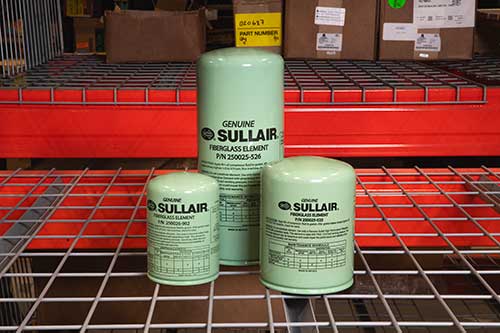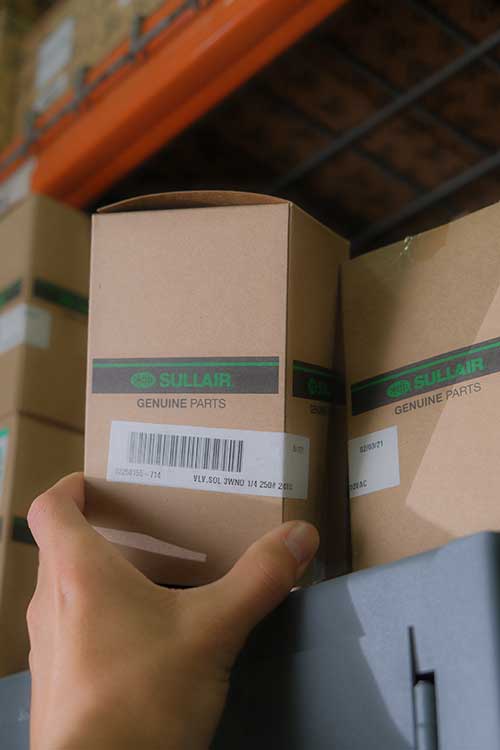
From steam to electricity to machinery to technology, the manufacturing industry is currently experiencing the fourth industrial revolution—coined Industry 4.0.
Now more than ever, companies must adapt to this everchanging digital landscape to remain competitive. The investments required to incorporate new technologies, reskill and upskill workforces and build a resilient supply chain can bring the need to find savings wherever possible.
As organizations look to tighten budgets as much as possible, sacrificing genuine OEM parts is not the place. In fact, using genuine OEM parts is now more important than ever. While the upfront cost of “will fit” spare parts is lower, they can end up costing more in the long run.
OEM parts help optimize machine performance, efficiency and longevity supporting an organization's goal to remain competitive and achieve targets set in accordance with industry trends.
Here's how OEM parts help manufacturer's meet today's industry trends:
New Technology/Digitalization
According to McKinsey & Company, the following four types of disruptive technology define the new era of manufacturing

Genuine OEM parts are designed to better integrate with digital systems/technologies, including remote monitoring and sensors, which help achieve optimal performance and improve the schedule for predictive maintenance. Their compatibility helps ensure investments in smart technologies pay off. Genuine OEM parts incorporate modern engineering, better materials and undergo rigorous quality testing to help reduce the risk of failure or inefficiency by inferior substitutes.
Sustainability and Carbon Neutrality
Environmental targets to reduce waste, conserve resources and minimize the use of harmful substances are a growing focus of the industry. Many manufacturers are striving for carbon neutrality via more sustainable manufacturing processes, use of renewable energy sources and circular economy practices.
Genuine OEM parts help increase energy efficiency and generally have longer lifespans compared to will fit parts—meaning less waste. Also, some air compressors can reuse energy generated from the compression process to heat entire facilities—leading to further power savings.
Supply Chain Resilience
Recent global events and geopolitical instability have highlighted the need for more resilient and flexible supply chains. Many manufacturing operations have tried to localize or nearshore operations to have more control—and remain productive and competitive.
The consistent performance of genuine parts can help operations schedule predictive and planned maintenance at the most optimal intervals. As well as order parts at the correct time to avoid delays.
Upskilling/Reskilling the Workforce
Industry 4.0 requires different demands of the workforce. Upskilling and reskilling workers as well as closing talent gaps is crucial to compete in the evolving industrial landscape.
Many OEM manufacturers offer support, training and documentation—resources that make it easier for teams to learn, operate and maintain equipment correctly. This reduces the learning curve for new technologies and systems.
Industry 4.0 is drastically transforming the manufacturing industry. Cutting corners on replacement parts can cost much more in the long run. Genuine OEM parts are engineered for reliability, improved integration and sustainability, helping manufacturers keep up with evolving technologies critical to surviving and thriving in the current atmosphere.
Use the checkboxes to select the types of cookies you want to accept, then press the “Save Settings” button. View our Privacy Policy.